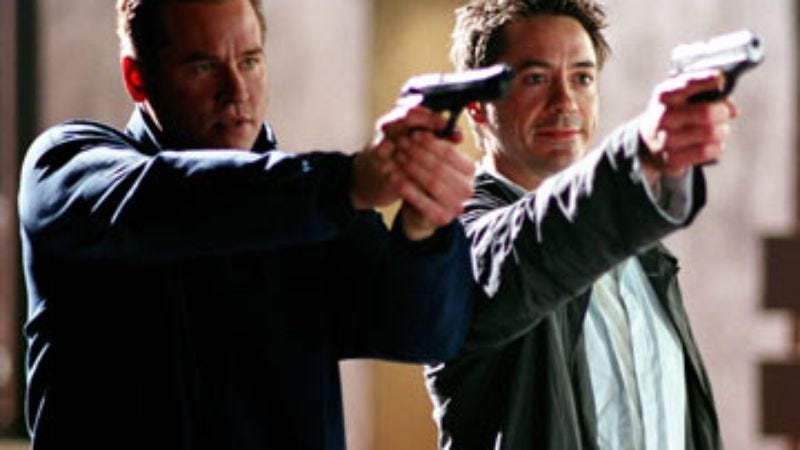Who Will Know Us? by Gary Soto (for Jaroslav Seifert) It is cold, bitter as a penny. I'm on a train, rocking toward the cemetery To visit the dead who now Breathe through the grass, through me, Through relatives who will come And ask, Where are you? Cold. The train with its cargo Of icy coal, the conductor With his loose buttons like heads of crucified saints, His mad puncher biting zeros through tickets. The window that looks onto its slate of old snow. Cows. The barbed fences throat-deep in white. Farm houses dark, one wagon With a shivering horse. This is my country, white with no words, House of silence, horse that won't budge To cast a new shadow. Fence posts That are the people, spotted cows the machinery That feed Officials. I have nothing Good to say. I love Paris And write, "Long Live Paris!" I love Athens and write, "The great book is still in her lap." Bats have intrigued me, The pink vein in a lilac. I've longed to open an umbrella In an English rain, smoke And not give myself away, Drink and call a friend across the room, Stomp my feet at the smallest joke. But this is my country. I walk a lot, sleep. I eat in my room, read in my room, And make up women in my head — Nostalgia, the cigarette lighter from before the war, Beauty, tears that flow inward to feed its roots. The train. Red coal of evil. We are its passengers, the old and young alike. Who will know us when we breathe through the grass?
Unfinished thoughts are the point of the poem, and unfinished thoughts, the ones that come in a stream, one after another, with hardly a seam showing between responsive notion to the next, is one of the attractions of train travel. Soto gets this flow rather well, and in some way, he offers us a version of John Ashbery might read like if Ashbery weren't so reticent to provide a location, place in his work.
Like Ashbery, there is the thing that passes by at a speed that allows one to recognize it and the context it resides in, there is the start of thought processes that might attempt to abstract from the thing seen, but then there is an interruption with the motion, the new thing that passes by the observer's gaze; ideas overlap, bleed into one another, there is a fascinating language forming from textured details and the emotive qualities one quickly draws from them. It is a kind of music one creates for oneself, the contrasts in things, shapes, forms, the striking differences in the qualifiers one quickly deploys to get the detail right. Unlike Ashbery, though, Soto's poem doesn't abandon us at the station, and he provides a graspable sense of melancholy under the intoxication of streaming perception; it's not just "who are these people" but also, for the citizens of the places these tracks pass through (or pass through no longer), it's wondering about who remember them when the last house goes dark. The school no longer teems of a new generation.
Poetry is a self-conscious medium. In any case, it's an intense examination of one's responses to what life draws them through; anyway, I don't see Soto as being so self-conscious as to weigh down the poem in self-doubting murk.
He doesn't once mention the fact that he's a poet, nor ponder poetry's inability to get at the essence of things and situations in themselves. Instead, he's like the rest of us in the trenches, lost in thought, engaged with the meaning of things in ways that catch the drift of perfectly arrived ellipsis. It's a well-turned work, relatively modest in proportion to the issues it flirts with, quite moving as a reminder that beauty, joy, sadness are all things we can experience in a single moment.












